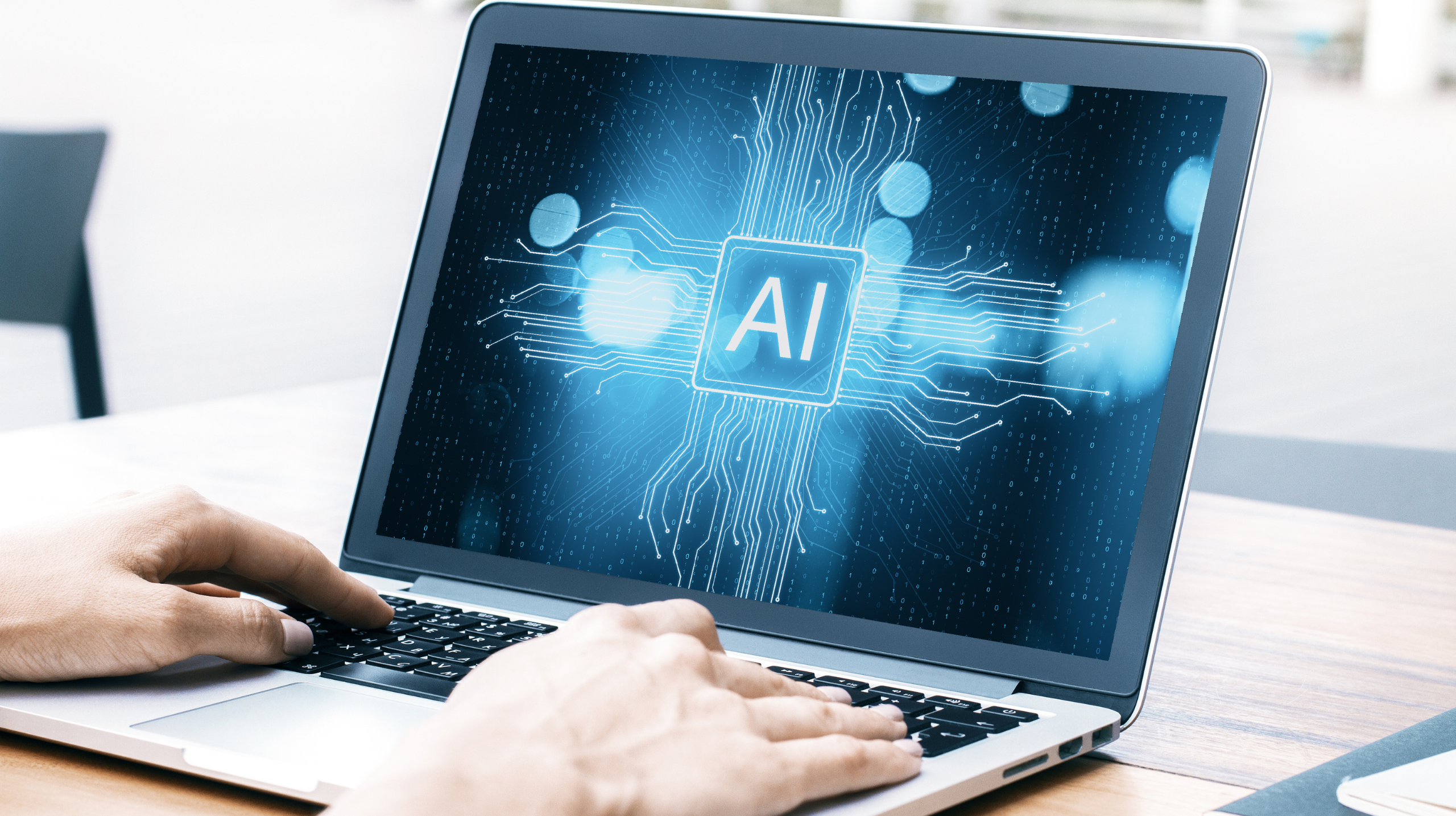The Social Function of the Contract is a principle of civil law that establishes that contracts should meet, in addition to the interests of the involved parties, the interests of society, preventing them from being used abusively or detrimentally to the rights of third parties or the public interest.
It is truly the principle of sociality standardized in Article 421 of the Civil Code, whereby it is imperative that the freedom of contract be exercised by reason and within the limits of the social function of the contract.
In turn, 421-A, also of the Civil Code, emphasizing the presence of the social function of the contract as a norm, provided that civil-law and business contracts are presumed to be egalitarian and symmetrical.
Hence, the positivization of the principle imposes on the contracting parties, that when entering into a contract, they pay attention not only to the extension of its consequences in the private sphere, but also in the social sphere.
The Author PAULO ROBERTO SPEZIALI authoritatively conveys the Principle when he notes that the meaning of the Social Function of the Contract “is also in the common interest, in the value of human labor, in freedom of enterprise, in the dignity of existence, in guaranteeing the right to property, in equality of rights and obligations, under the terms of the Constitution, and pursuant to the tenets of social justice”.
There is, therefore, no doubt about the acknowledgment of the principle of the social function of the contract in the current Brazilian contractual interventionism.
The question that arises is whether this principle of law will withstand modern times, in which Artificial Intelligence (AI) is increasingly being used in the drafting and management of contracts.
The AI that has been applied to the world of contractual instruments has already allowed smart contracts to automatically execute clauses as the obligations established therein have not been fulfilled.
It has also allowed the analysis of large amounts of contract data, enabling the extraction of valuable information, such as contracting patterns, price trends, and routine and potential risks.
AI has also been an important mechanism for automating manual processes, such as contractual review and updating relevant data in the contract.
It is true that such facilities cooperate decisively for companies to make more assertive decisions about how to manage their contracts, improve processes, drive business, save time, and mitigate risks.
The future trend is that AI will increasingly impact the drafting and management of contracts, which brings us to the reflection on how to guarantee to the contracting parties that the contract continues to abide by its social function.
It is imperative that AI systems are also developed and used in ways that benefit society as a whole.
Thus, the application of AI to contracts, meanwhile the effectiveness of the principle of social function is ensured, ensues some challenges. One of the main challenges is to ensure that AI systems are developed in an ethical and responsible manner, avoiding discrimination, guaranteeing human rights, and complying with data processing rules, to name just a few examples.
In addition, the complexity of AI systems, and how quickly they evolve, also raises questions about liability for damage caused by these systems. In this sense, it is important for AI developers and companies using these systems to be concerned about possible liability for damages caused, thus preserving the social function of the contract.
In short, just as contracts must meet the social function, ensuring that they are not abused or harmful to society, AI systems should also be developed and used in an ethical and responsible manner, aiming to benefit society at large.
Autor: Maurício Aude • email: mauricio.aude@ernetoborges.com.br • Tel.: + 5565 99981 0853

